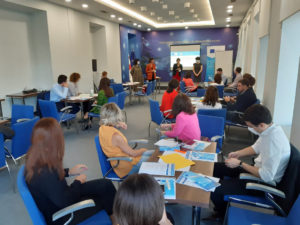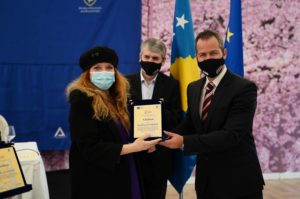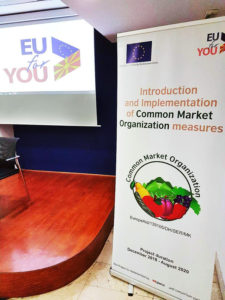
Facility for the Implementation of the EU-Georgia Association Agreement- II
The project aims to strengthen the capacity of public institutions in Georgia to meet the country’s commitments under the EU-Georgia Association Agreement (AA), including the Deep and Comprehensive Free Trade Area.

Harmonisation of Kosovo Legislation in the Field of Working Conditions with EU Legislation
Improving the working conditions through the harmonization of legislation in the field of working conditions with EU legislation and increased awareness of relevant stakeholders is vital for employees. Thus, this contract aimed to increase institutional and technical capacity for effectively addressing labour policy issues in Kosovo while providing

EU Support for the Competitiveness of Kosovo’s ICT Sector
This initiative’s overall objective is to enhance the competitiveness of Kosovo’s digital and traditional businesses by supporting the growth of Kosovo’s Information and Communication Technology (ICT) sector, paving the way for growth and new job creation. The project aims to bridge the digital and business skills gap in

Implementation of Common Market Organisations (CMO) in the Former Yugoslav Republic of Macedonia
The project’s overall objective is to increase marketing opportunities, economic development and overall productivity in the agricultural sector of North Macedonia while improving competitiveness of the agriculture sector in the country in line with EU accession requirements.

Technical Assistance Support to the Women’s Breakthrough Project
Over the next century, half the world’s population growth is expected to take place in Africa. It is recognized that one of the continent’s most significant development challenges will be creating enough quality jobs and to employ this population growth. Gender equality, particularly the inclusion and empowerment of

Technical Assistance to Support the Implementation of the Rural Development Sector Development Programme (Phase 1 + 2)
After the positive vote of the Turkish Cypriot community in the 2004 referendum to reunite the island, the European Council decided to end the isolation of the Turkish Cypriot Community and facilitate its integration with the EU. Therefore, the purpose of the project was to improve socio-economic conditions

